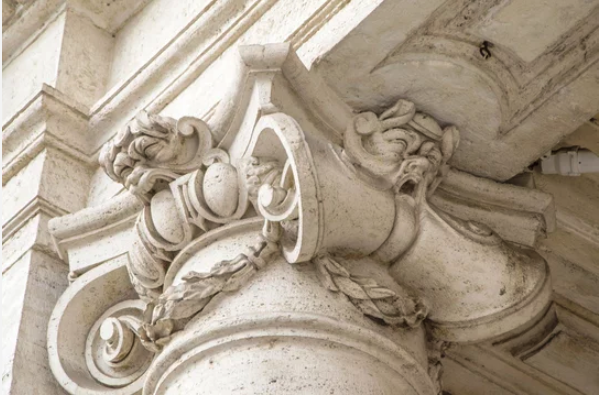Eric Cline
George Washington University
Wednesday, April 1, 2015 | 12:00pm | Eastwoods Room, Texas Union

Jerusalem, whose name to some means the ‘City of Peace,’ has been anything but peaceful during the past four millennia. There have been at least 118 separate conflicts in and for this city since 2000 BCE — conflicts which ranged from local religious struggles to strategic military campaigns and which embraced everything in between. Jerusalem has been destroyed completely at least twice, besieged 23 times, attacked an additional 52 times, captured and recaptured 44 times, been the scene of 20 revolts and innumerable riots, had at least five separate periods of violent terrorist attacks during the past century, and has only changed hands completely peacefully twice in the past 4,000 years. Many of these conflicts left evidence in the archaeological record and recent discoveries have shed new light on many of these successive struggles, including those involving Egyptians, Canaanites, Israelites, Jebusites, Neo-Assyrians, Neo-Babylonians, Greeks, Romans, Persians, Moslems, and Crusaders. This study of 4,000 years of conflict in a single city illustrates how archaeology, politics, and nationalism are frequently linked in the troubled environment of the Middle East today, especially when ancient conflicts and their archaeology are used as propaganda by modern military and political leaders.
Dr. Eric H. Cline is Professor of Classics and Anthropology, the former Chair of the Department of Classical and Near Eastern Languages and Civilizations, and the current Director of the GWU Capitol Archaeological Institute. He is a Pulitzer Prize nominee, a National Geographic Explorer, a Fulbright scholar, and an award-winning teacher and author. He has also served as the advisor to the undergraduate archaeology majors at GW for the past decade and has overseen the graduation of 132 majors since 2001, with nearly half going on to leading graduate schools in archaeology and related fields, including Harvard, Yale, Cornell, Johns Hopkins, Berkeley, Oxford, Cambridge, and University College London. As of 1 July 2014, Professor Cline is Co-Editor of the Bulletin of the American Schools of Oriental Research (BASOR). An archaeologist and ancient historian by training, Dr. Cline’s primary fields of study are biblical archaeology, the military history of the Mediterranean world from antiquity to present, and the international connections between Greece, Egypt, and the Near East during the Late Bronze Age (1700-1100 BCE). He is an experienced and active field archaeologist, with 30 seasons of excavation and survey to his credit since 1980 in Israel, Egypt, Jordan, Cyprus, Greece, Crete, and the United States.




